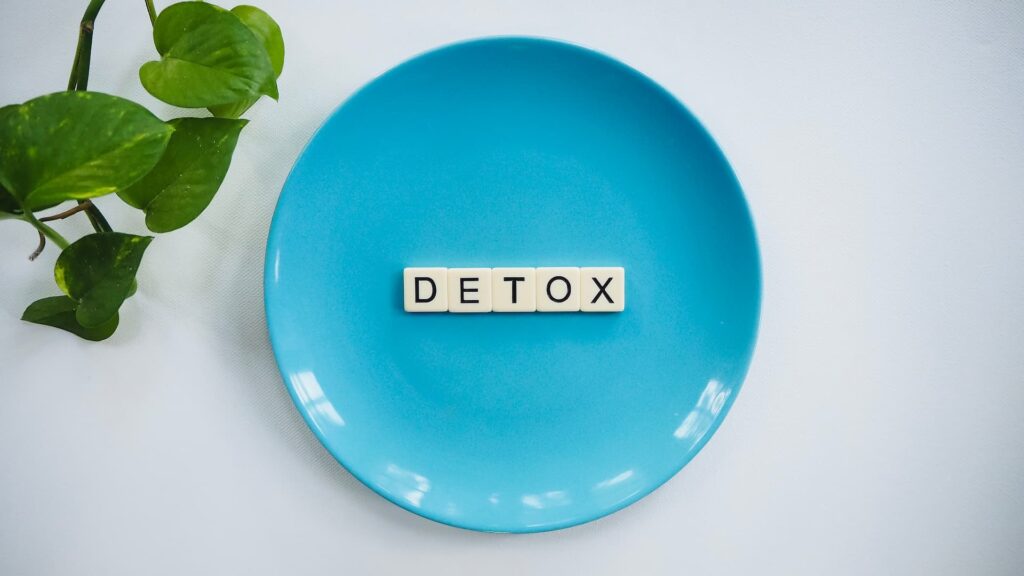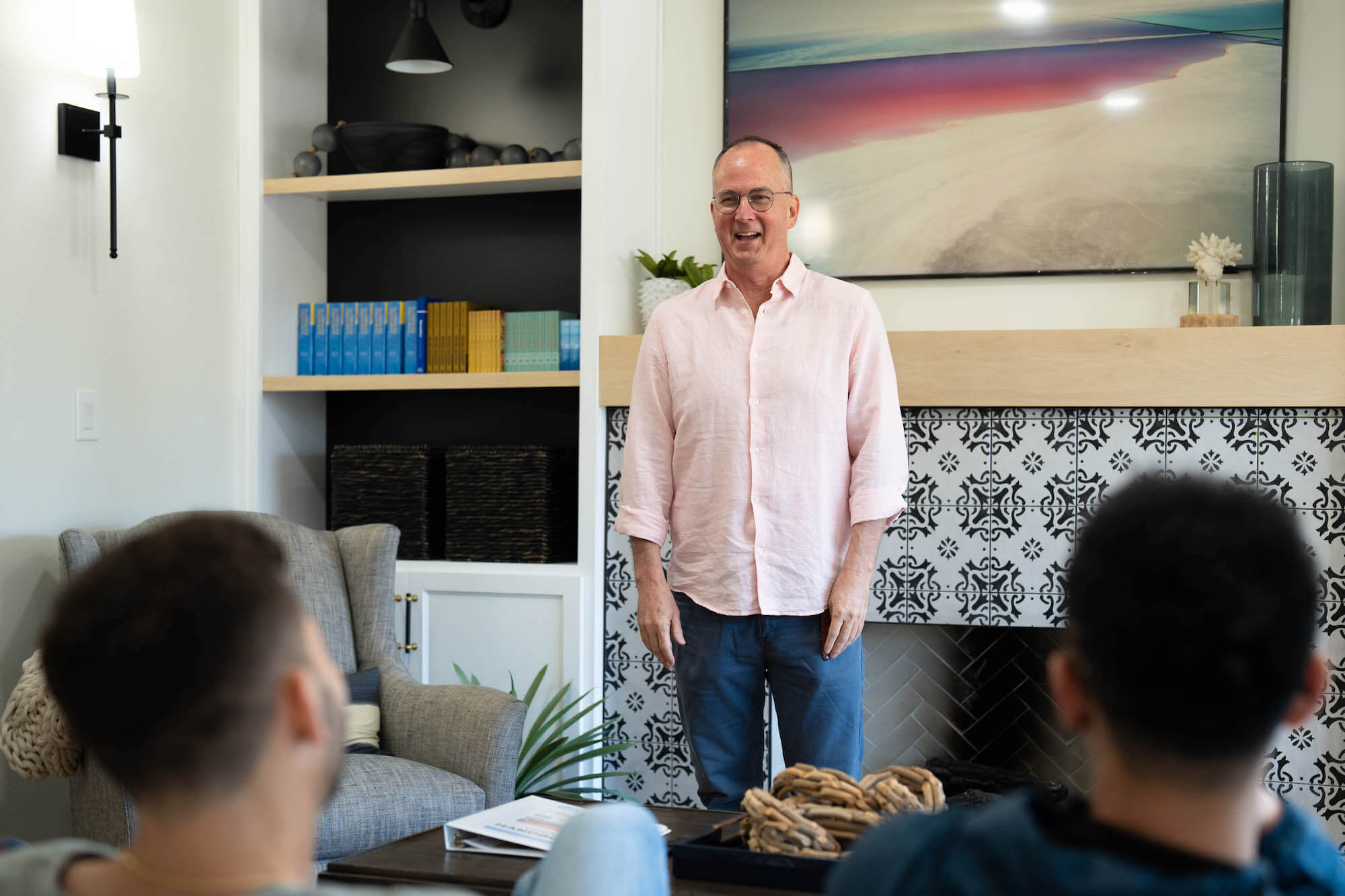Home » Fentanyl Addiction » Fentanyl Detox Options
Fentanyl Detox Options

Fentanyl is a synthetic opioid that is many magnitudes stronger than heroin and morphine.
CDC (Centers for Disease Control and Prevention) reports that in 2020, synthetic opioids like fentanyl were implicated in 71,000 of the 107,000 fatal drug overdoses in the U.S.
While fentanyl is fiercely addictive and remarkably potent – just a few grains is enough to kill an adult male – fentanyl detox occurs much like detox from any other opioid.
This guide outlines the fentanyl detox process and explores the benefits of medically supervised detoxification.
WHAT IS FENTANYL DETOX?
Any use of fentanyl carries the risk of tolerance forming. Tolerance to all opioids, but especially to synthetic opioids, develops rapidly. As the effects of the drug diminish, many people use more fentanyl or take more frequent doses to achieve the same effects. This abusive pattern of consumption is liable to accelerate the development of physical dependence. You will also heighten the risk of fentanyl addiction developing in the form of opioid use disorder, a chronic and relapsing brain condition.
Anyone who is physically dependent on fentanyl will experience uncomfortable withdrawal symptoms upon discontinuing use of the drug. Fentanyl withdrawal symptoms are physical and psychological in presentation, typically manifesting 12 hours after the last dose of fentanyl.
Fentanyl detox takes anywhere from a week to a few weeks after the last use, depending on factors that include:
- Amount of fentanyl in your system
- Typical dose of fentanyl
- Route of administration– patch or injection
- Other substances being abused
Detox is not a substitute for treatment. Rather, detoxification is the first event in a continuous chain of events in the recovery journey.
Fentanyl detox should be viewed as a bridge into inpatient or outpatient treatment for opioid addiction. Where detox addresses the physical aspect of dependence, ongoing treatment allows you to unpack the psychological component of opioid addiction.
Although fentanyl addictions can be treated in an outpatient setting, almost everyone who is dependent on this synthetic opioid would benefit from a supervised opioid detox program.
MEDICAL DETOX IS THE SAFEST ROUTE TO RECOVERY
Detoxification in a clinical setting occurs over three phases:
- Evaluation: The initial evaluation consists of questions and a physical exam. The treatment team use the findings of this assessment to create a personalized detox plan and ongoing treatment at an appropriate level of care.
- Stabilization: The stabilization phase involves following the treatment plan created during the evaluation phase. The treatment team may administer approved medications during detox.
- Transition: Detox provides you with a transition into ongoing inpatient or outpatient treatment for fentanyl addiction.
The chronic abuse of fentanyl triggers functional changes to nerve receptors in your brain. As nerve receptors become dependent on opioids, altered brain chemistry prompts the presentation of unpleasant withdrawal symptoms in the absence of opioids.
These are the most common fentanyl withdrawal symptoms:
- Racing heart
- Muscle pain
- Bone pain
- Increased body temperature
- Chill
- Sweating
- Raised blood pressure
- Anxiety
- Insomnia
- Vomiting
- Nausea
- Diarrhea
Choosing to initiate your recovery from fentanyl addiction at a licensed medical detox center is the safest and most comfortable approach to detoxification.
All supervised fentanyl detox programs have these primary goals:
- Processing toxins comfortably and safely.
- Managing fentanyl withdrawal symptoms.
- Simplifying the transition into ongoing fentanyl addiction treatment.
During the acute fentanyl withdrawal phase, your treatment team will monitor and actively supervise your detox.
The FDA (U.S. Food and Drug Administration) recommends three medications for the treatment of opioid use disorder. One of these medications – buprenorphine – is suitable for use during fentanyl detox.
Buprenorphine is a semi-synthetic opioid that is classified as a partial opioid agonist. This means that while it can trigger the euphoric and CNS depressant effects of opioids, the effects are weaker than heroin, prescription opioids, and other full opioid agonists. When administered during fentanyl detox, buprenorphine may reduce the intensity of withdrawal symptoms, shorten the withdrawal timeline, and help to normalize brain function.
Medications can also be administered to treat:
- Anxiety
- Depression
- Insomnia
- Blood pressure
- Seizures
The best medical detox programs also offer emotional support and complementary therapies such as restorative yoga or reiki.
HOW TO MINIMIZE THE CHANCE OF RELAPSE DURING FENTANYL DETOX
Detox is a chiefly physical process. Sustained recovery, by contrast, is mainly psychological.
By engaging with a supervised medical detox, you reduce the chance of relapse during detox.
If you attempt to quit using fentanyl at home, you could become dangerously dehydrated as a result of severe diarrhea and vomiting. You may also be tempted to use fentanyl purely to mitigate withdrawal symptoms.
By engaging with a high-quality supervised fentanyl detox program, you will detox in a substance-free environment with access to clinical and emotional care, as well as holistic and complementary therapies.
FENTANYL REHAB AT GRATITUDE LODGE
If you have been abusing fentanyl, you will benefit strongly from engaging with our supervised medical detoxification program.
At Gratitude Lodge, we have three licensed medical detox centers located in Newport Beach, Long Beach, and San Diego. You will have access to medications approved by the FDA for alleviating fentanyl withdrawal and cravings. With clinical and emotional care available on demand, you can build the firmest foundation for ongoing treatment.
After a week or so, you will be opioid-free and ready to transition into one of the following fentanyl addiction treatment programs:
- 30-day inpatient program
- IOP (intensive outpatient program)
Whether you require inpatient or outpatient treatment, you can take advantage of these evidence-based interventions at all Gratitude Lodge facilities:
- MAT (medication-assisted therapy)
- Psychotherapy (CBT or DBT)
- Individual counseling
- Group counseling
- Family therapy
Fentanyl may be one of the most addictive substances, but we specialize in helping people like you reclaim their lives from opioid addiction. Call 800-994-2184 for immediate assistance.











